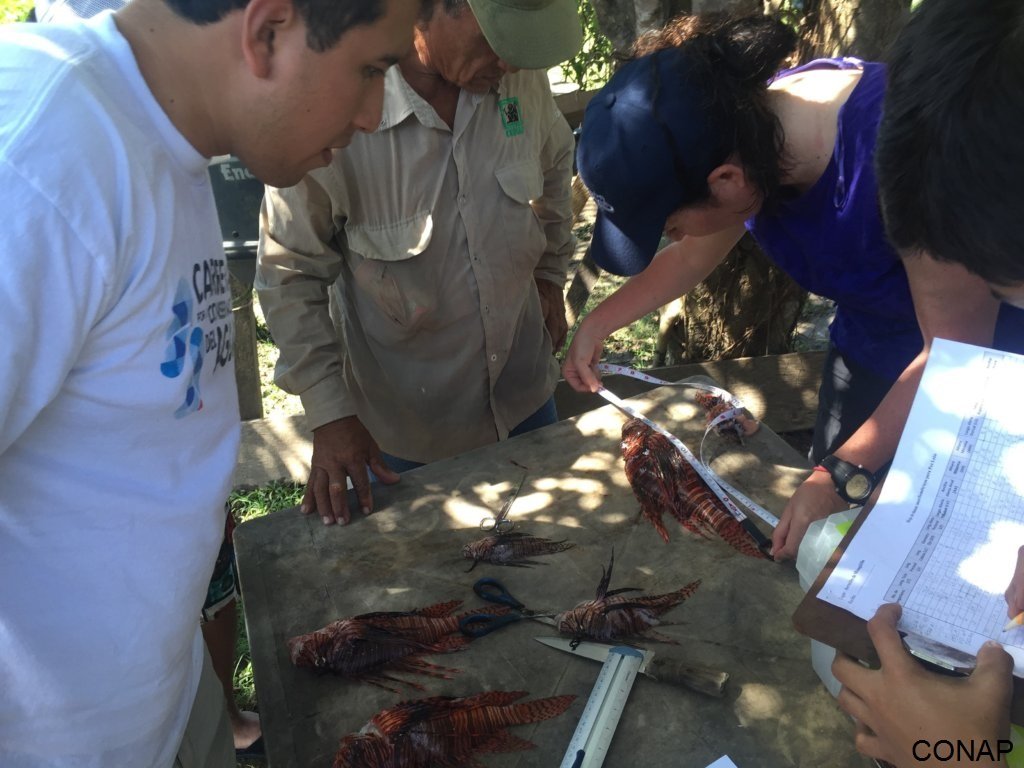
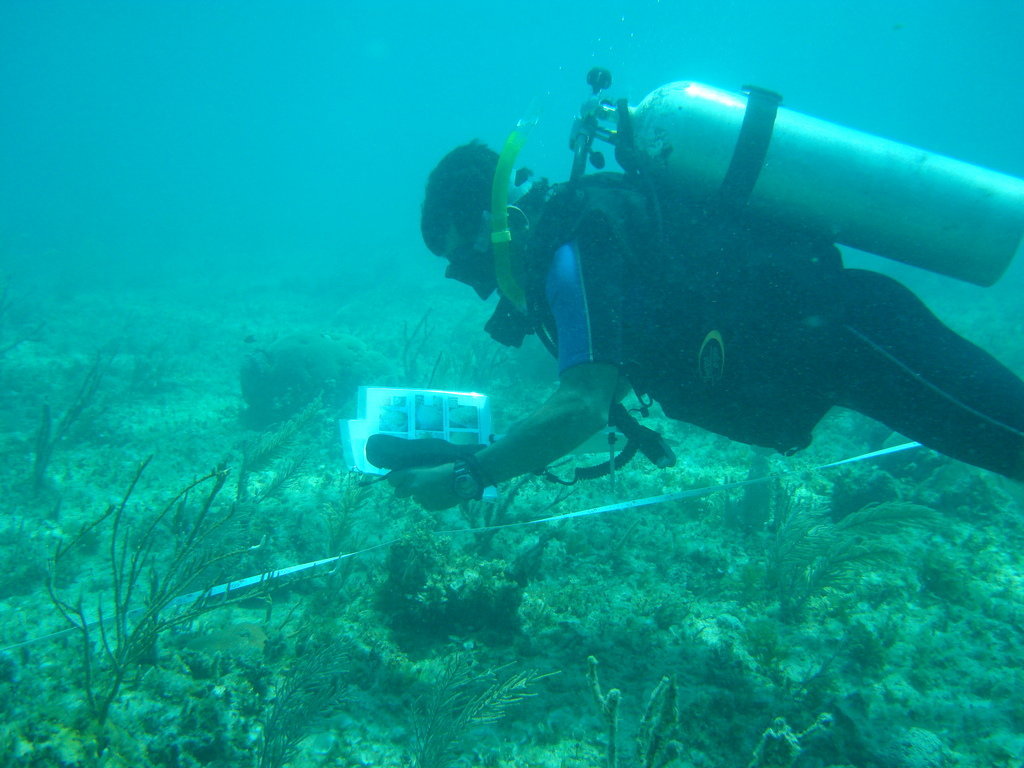
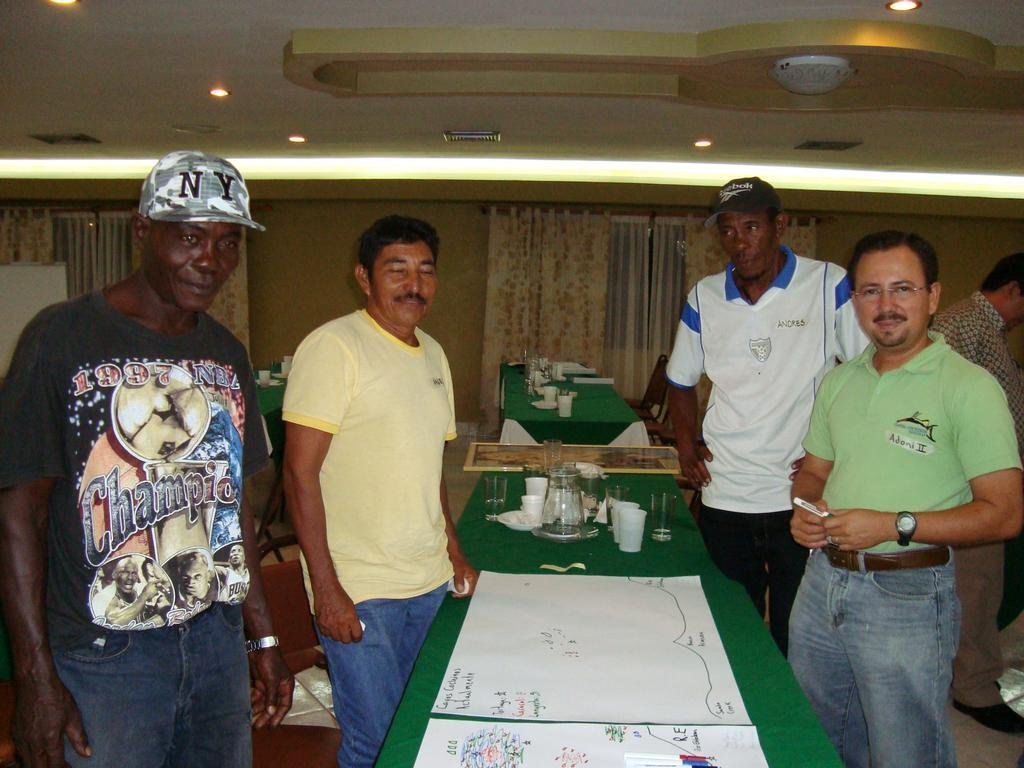
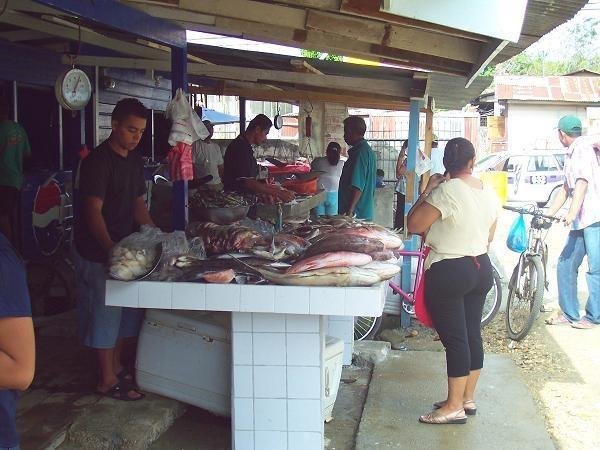
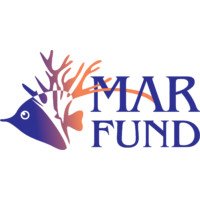
To inspire innovative, transnational solutions to critical Mesoamerican reef issues through providing meaningful, long-term financial support and trustworthy reef management advice so that future generations can enjoy and benefit from a thriving reef.


Each of GlobalGiving’s nonprofit partners is required to send quarterly donor reports detailing the impact of their work. Here are some of their recent updates:
By Ximena Flamenco | Project Officer
As part of MAR Fund’s webinar series, where partners are invited to present results, lessons learnt, experiences and share information regarding projects they have developed, the Comunidad y... Read the full report ›By Ximena Flamenco | Project Officer
Working with partners in Mexico, we have been able to open the doors to nature-based solution projects linkable to markets. With this approach in mind, Sureste Sostenible (SS), our partner that... Read the full report ›By Ximena Flamenco | Project Officer II
Heading to Honduras we encounter one of our partners, Coral Reef Alliance (CORAL), an organization that works at local, regional, and global levels to keep coral reefs healthy, so they can adapt to... Read the full report ›